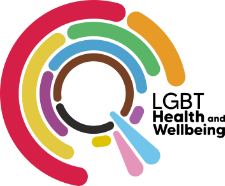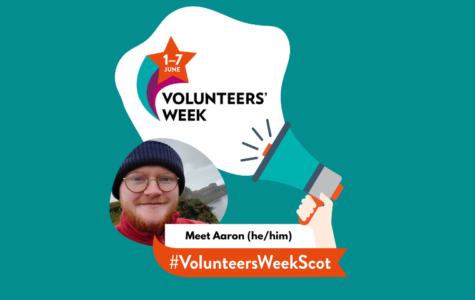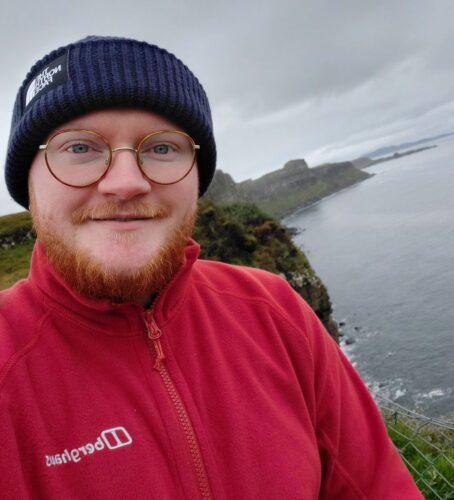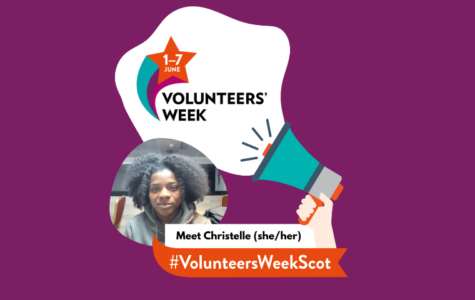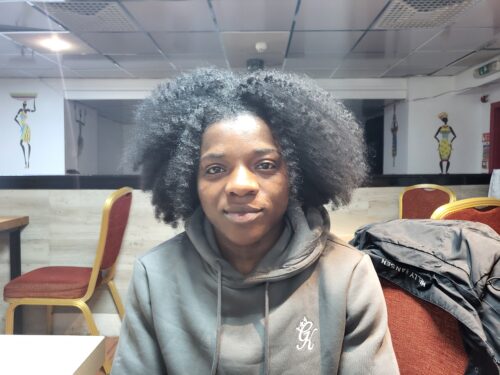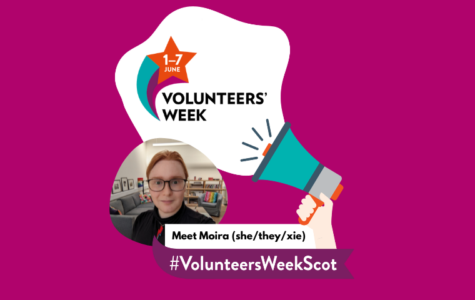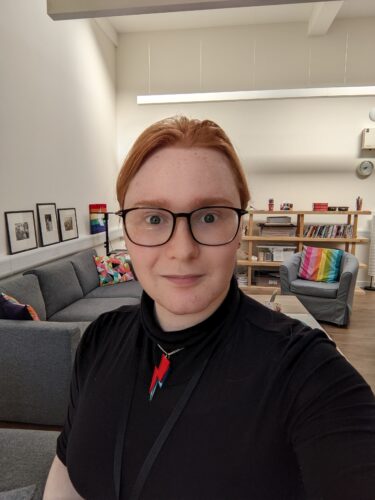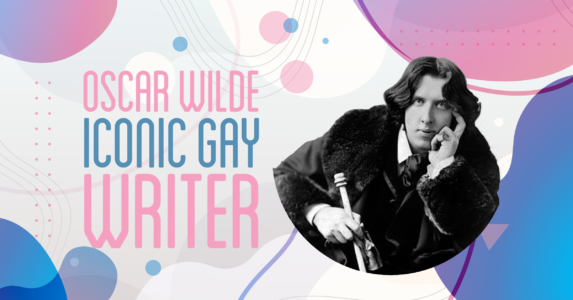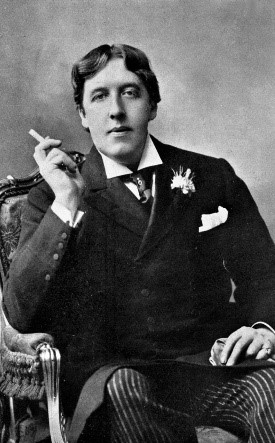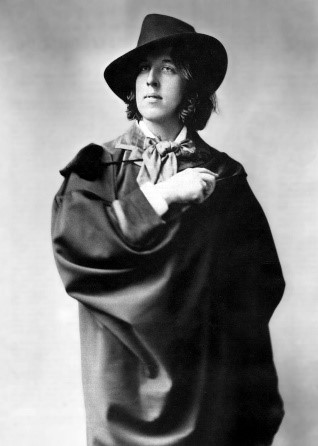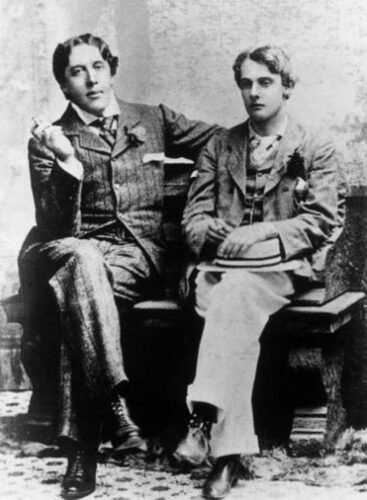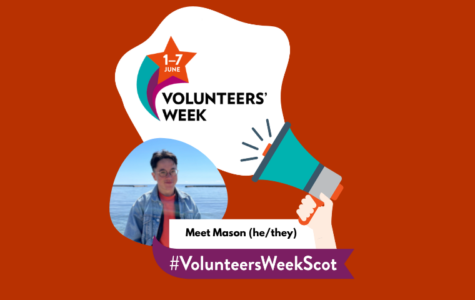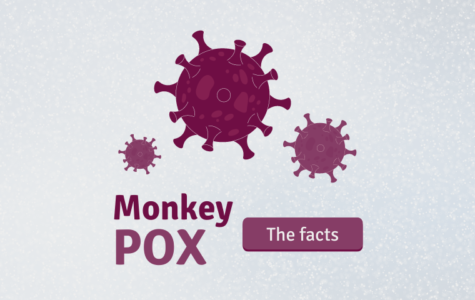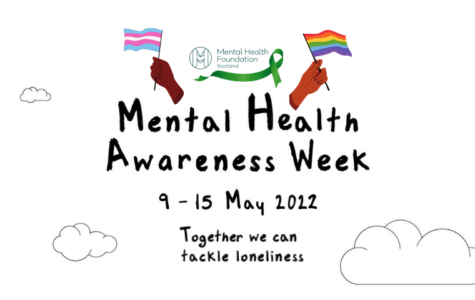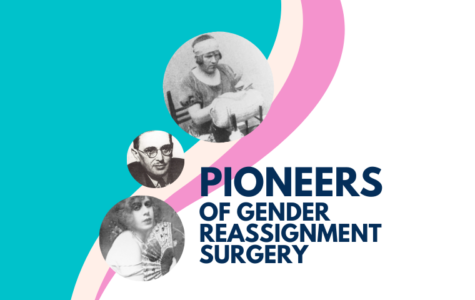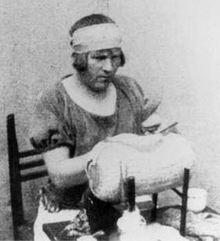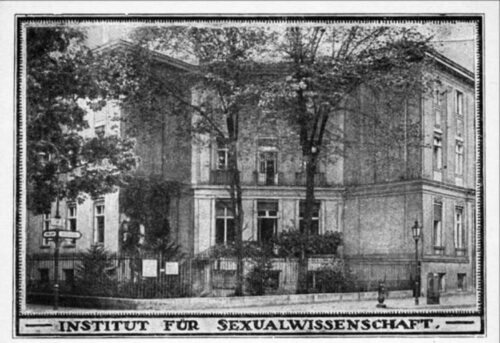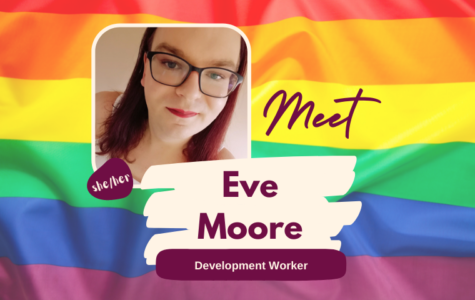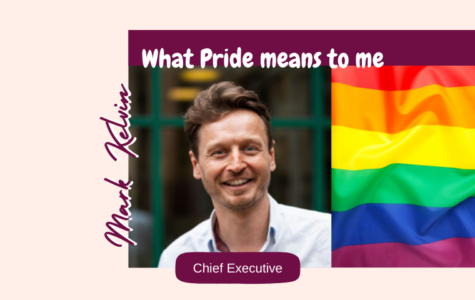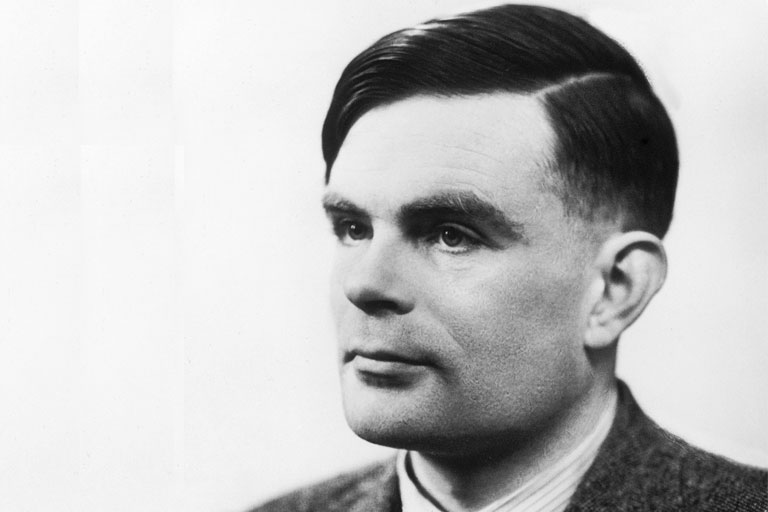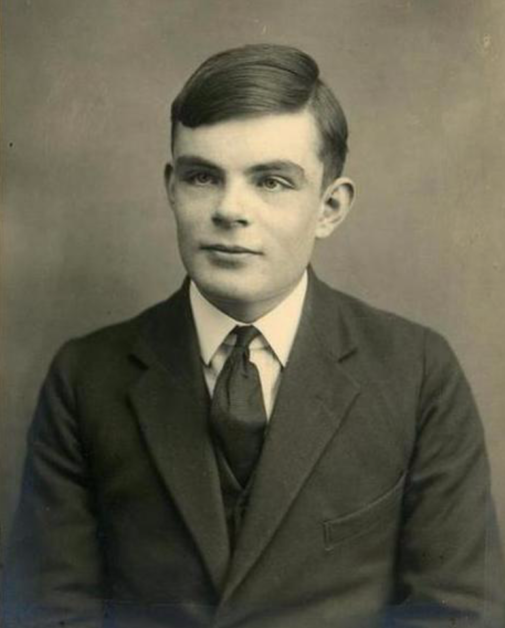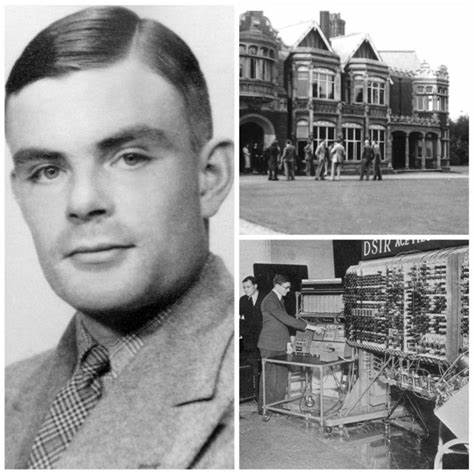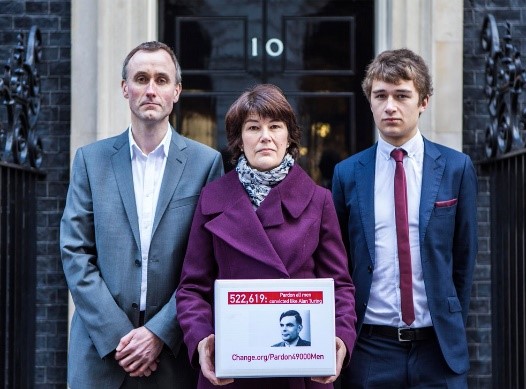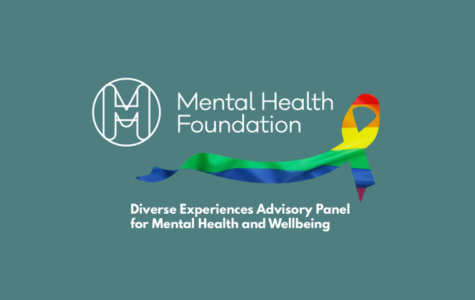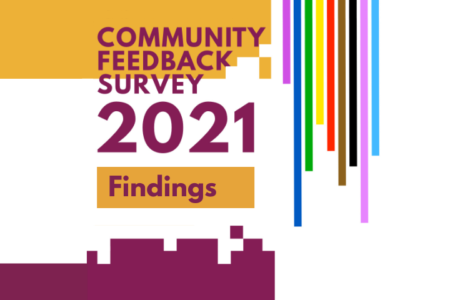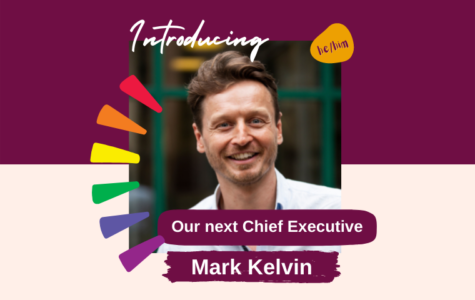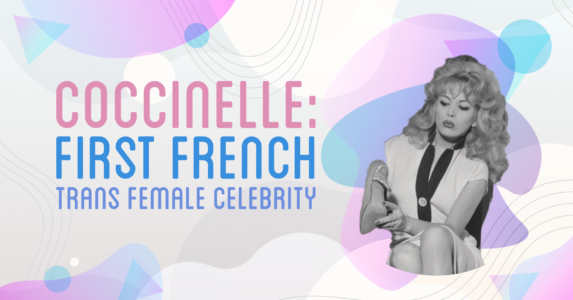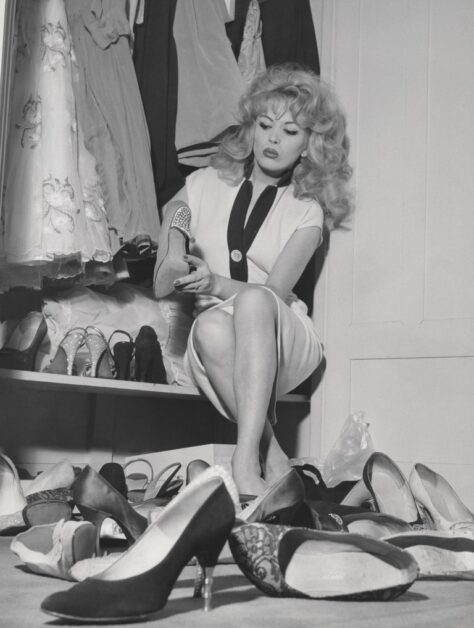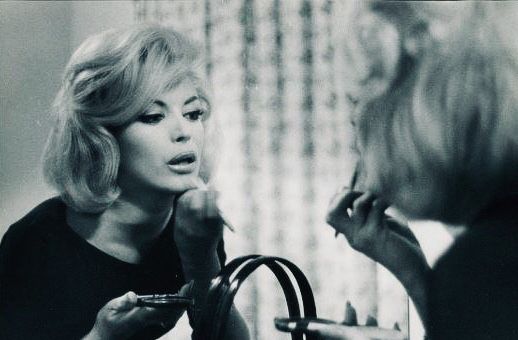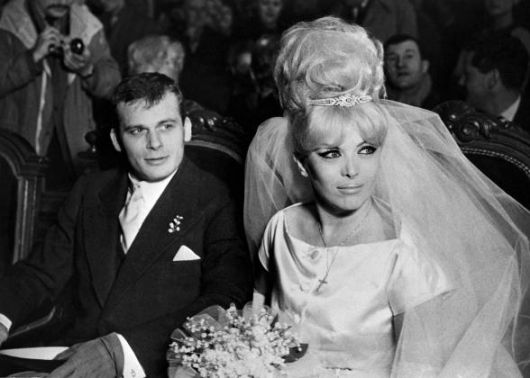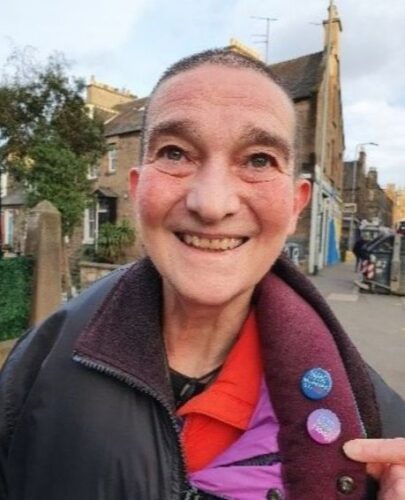 Hi! My name is Leslie (he/him) and I volunteer for LGBT Age’s Telefriending service which provides free regular phone calls to older LGBT+ people across Scotland.
Hi! My name is Leslie (he/him) and I volunteer for LGBT Age’s Telefriending service which provides free regular phone calls to older LGBT+ people across Scotland.
How did you find out about LGBT Health and Wellbeing first and what was your journey to becoming a volunteer?
A few years ago, I took part in a Transition Support Course and a Men’s Coming Out Course and found them really useful. In return, I wanted to contribute something to what LGBT Health and Wellbeing does.
Can you tell us a little bit more about your role?
I am a volunteer Telefriender. I have 3 gentlemen I regularly phone and I really enjoy catching up with them. Notably, one of them is an absolute mine of information about LGBT+ history, and has an extensive archive of books, magazines and all sorts. He is a bit older than me but our lives overlap so much; some of the places or people he mentions I actually been to or met, but I also learn so much from stuff that was a little before my time when it comes to be out and about. Our conversations could probably go on for hours and hours, and it’s actually quite hard to bring the conversation to an end. All the people I speak to are really, really nice and it’s such a privilege for me because I don’t know that many people who are LGBT+ and who are older than me and my husband. I also phone another gentlemen who was active in UK parliament in the 1950s around homosexuals rights back then, and again he’s a fascinating person to speak to.
What are you most proud of as a volunteer with LGBT Age?
I’m very grateful of having been part of the Men’s Coming Out Course in 2019 and because I benefited so much from the work in this group (including making a really good friend), I really wanted to contribute to the work of LGBT Health and Wellbeing. As a Telefriender, I’m really proud of providing a listening ear to such wonderful people but also being part of the organisation in my own way as everyone I have come across from LGBT Health and Wellbeing have been absolutely lovely.
What would you like to achieve as a volunteer?
I know that particularly with COVID, a lot of older people can unfortunately end up more isolated. I think there is an awful lot of ageism in our society and also that if you don’t feel confident enough to do stuff online, it can make it even worse. But most people have access to a telephone so I feel that’s a small thing I can do to mitigate that to some extent.
What would you like to change for the community?
Sadly, there are still 70 countries across the world where I believe it’s illegal to be queer – in some countries you can even be put to death by the state for just being who you are. So if I could just wave a magic wand, I would want the whole world to wake up one day and just to realise ‘hang on a minute’ there are much important things to worry about at the minute like climate breakdown, food poverty, the pandemic, power imbalance, social inequalities, economic injustices – we got all these things to sort out, can we then stop bothering people about their identities and who they choose to love?
Do you have a role model? Someone that inspires you?
I am really inspired by Dr Drew Dalton of the University of Sunderland, for his work with Report Out and Hidayah. Report Out is a global human rights organisation for sexual and gender minorities, and Hidayah is a UK nationwide organisation which seeks to support, and to bring to campaign for, the lives of LGBTQI Muslims. I have found these organisations really educational. I’m aware there is a lot of islamophobia not just in society in general but unfortunately amongst queer people. It’s easy to look at countries like Saudi Arabia where the regime oppresses local LGBT+ people and paint the whole of Islam in a bad light, but if you look at Christianity in our own country and some of the things in the Old Testament, it’s not more better. So why is it that Islam is scrutinised and not Christianity? The trouble is a lot of people jump to conclusions but the real issue is when people from any faith missuses religion for their own bad purposes. It also upsets me when I hear people talking about African countries being homophobic which shows how much we don’t know about our own history, and how British colonial imperialism brought about the homophobia with Christian missionaries. So I’m really inspired by the work of Hidayah and Report Out which supports LGBT+ people across the world especially in countries where it’s dangerous to be out.
